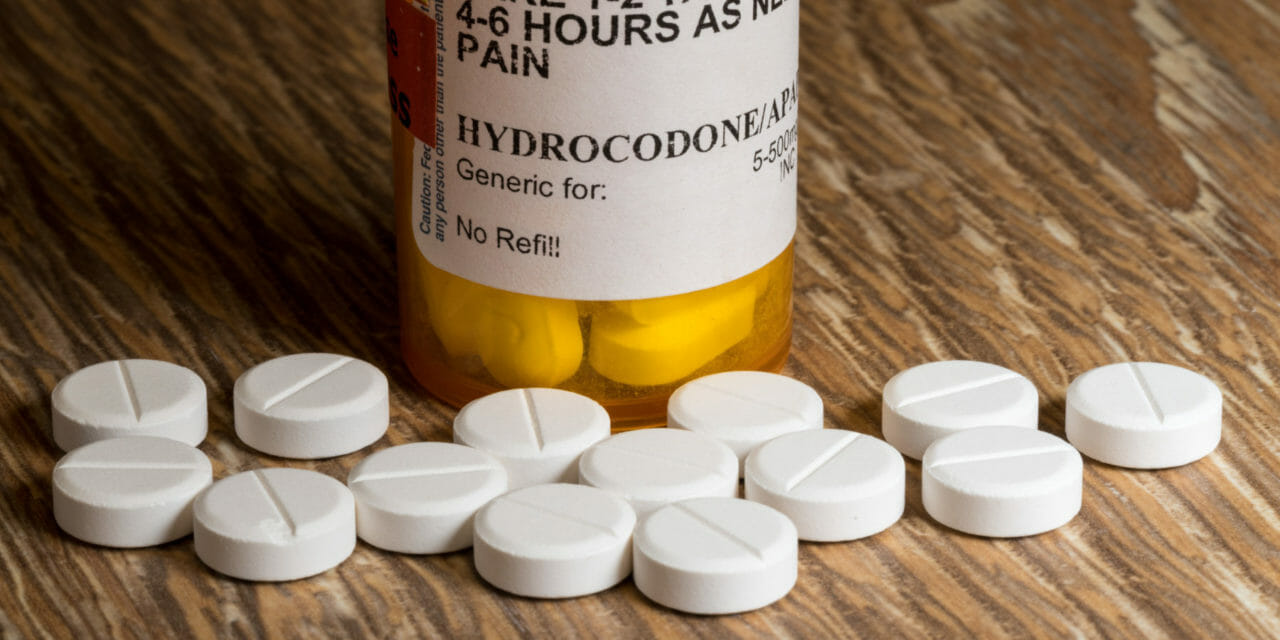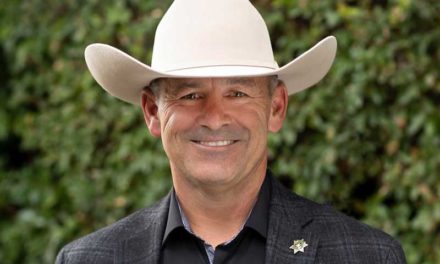Barely a day goes by that there isn’t a story about an opioid overdose, the opioid epidemic, addiction to opioids and more. Missing many times from these stories are the faces of those addicted or impacted by this crisis.
Many are senior citizens.
As the baby boomer generation ages and the population of older adults in the United States grow, opioid misuse among older Americans is becoming an increasingly urgent public health concern.
The population of older adults who misuse opioids is projected to double from 2004 to 2020, from 1.2 percent to 2.4 percent, according to the Administration on Aging and Substance Abuse and Mental Health Services Administration.
An analysis of Medicare Part D data by the Office of the Inspector General revealed that more than 500,000 Medicare Part D beneficiaries received high amounts of opioids in 2016, with the average dose far exceeding the manufacturer’s recommended amount. Beyond the threat of addiction, opioid use can also pose health risks such as breathing complications, confusion, drug interaction problems, and increased risk of falls, which can be more dangerous in the older adult population.
Due to an often longer recovery period, in many cases those prescriptions can be long term, further increasing their risk of developing an opioid addiction.
Addiction does not discriminate based on age, but insurance coverage can limit treatment options for our seniors.
Congressman Dr. Raul Ruiz this week introduced the Advancing High Quality Treatment for Opioid Use Disorders in Medicare Act, a bill that will increase access for seniors on Medicare to comprehensive addiction treatment services such as care management, treatment planning, and support services. The bill would also reward and support treatment programs with the best outcomes, fostering innovations in care to successfully help patients. The legislation is supported by the American Medical Association and the American Society of Addiction Medicine.

Congressman Dr. Raul Ruiz
“Our seniors deserve access to the gold standard of care for treating opioid addiction. As a physician I saw seniors suffering in silence and lacking access through Medicare to get the treatment they need,” Ruiz said in a prepared statement. “My bill would expand access to the best addiction treatment programs available for our seniors, bringing them out of their suffering and on the road to recovery.”
Dr. Kelly Clark, president of the American Society of Addiction Medicine, said, that on behalf of the American Society of Addiction Medicine, she applauds Ruiz for introducing the legislation.
“Although deaths from opioid overdoses continue to rise year after year, we continue to see instances where patients can’t get the care they need due to insufficient insurance coverage of comprehensive treatment,” Clark said. “We know that medication with attention to psychosocial needs is the evidence-based standard for treating opioid addiction. The introduction of this bill acknowledges this and is a great step in the right direction.”
Treatment for opioid addiction varies based on the needs of the patients, but in many cases the most effective treatment methods include not only medication assisted treatment but wrap-around services and follow-up care such as care management, psychotherapy, treatment planning and social services.
This bill will help remove barriers to care by requiring HHS to develop guidelines for comprehensive addiction treatment programs for mental health providers serving Medicare patients. By incentivizing the health care system to provide services in concert with one another, it will make it easier for Medicare patients to find both the appropriate care and coordinate their ongoing health needs.
Opioid medications can often have a stronger effect on seniors, which can lead to increased respiratory depression (overdose) or simply poor balance which can result in falls and fractures. Additionally, older adults may have more difficulty in accessing services related to opioid misuse due to issues with transportation or even awareness of the options for treatment. The stigma against mental health and substance abuse is also particularly strong in this demographic when compared to younger individuals and they may be less likely to seek care.
Image Sources
- Opioid: Shutterstock







